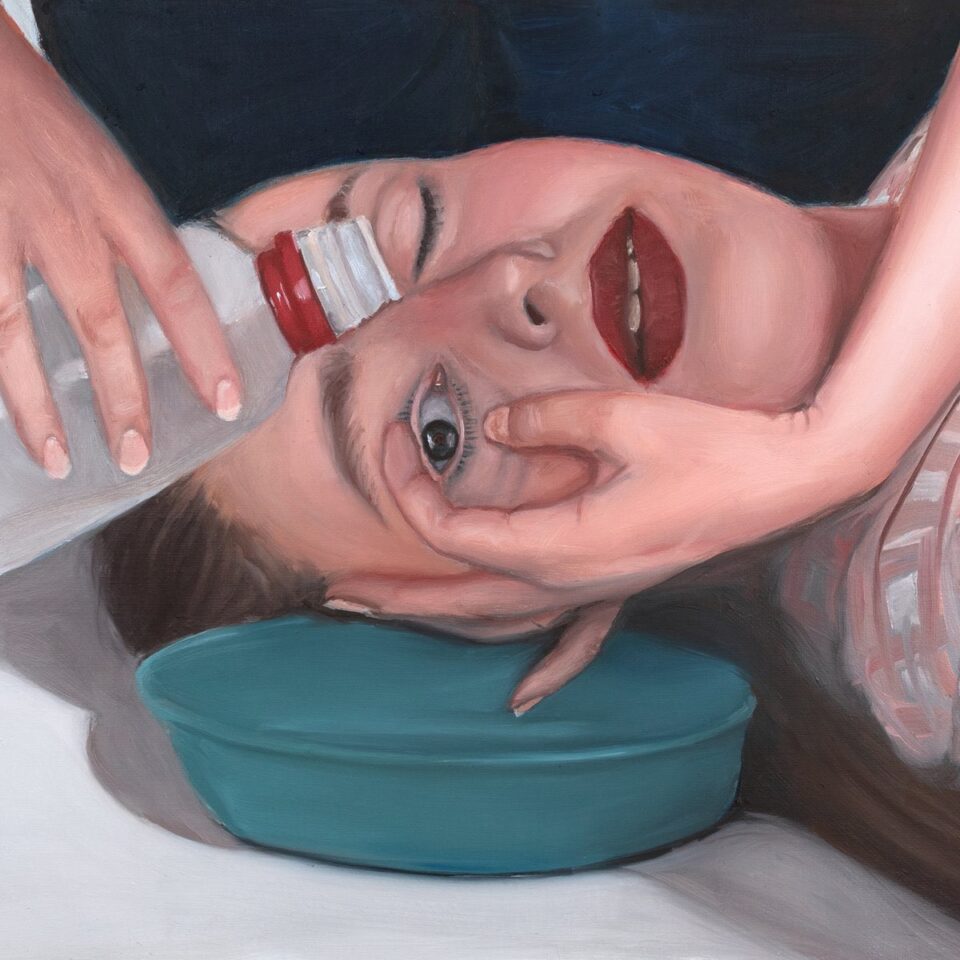There is nothing funny about Gordon Lightfoot, the famously Canadian, infamously melancholy, subtly dramatic folk-pop singing/songwriting legend. Whether it’s the shuffling blue “Sundown,” the windy “Carefree Highway,” or any of his other signature psalms, his is the twelve-string acoustic-soaked tone of loneliness and solitude made torrid, of crashed sailing ships, endless train rides, and broken love affairs.
That he’s been making melancholy music as such since Lightfoot! in 1966 and up through 2020—his first studio album in sixteen years, the bare-boned Solo, was released in March—means that Lightfoot needs no practice when it comes to this sound. It’s in his DNA. From the mad romantic poetry to his brooding baritone, Lightfoot holds the key to zealous discontent and the forlorn fugue state.
Few give the Canadian his props when it comes to glowering mood swings and contagious folk pop sounds (“I can’t think of any Gordon Lightfoot song I don’t like,” Bob Dylan once quipped. “Every time I hear a song of his, it’s like I wish it would last forever.”), so my money was on Lightfoot, the interview subject, being as sorrow-filled, as wrecked poetic, and as deep-voiced as Scott Walker and Leonard Cohen. All the lonely weight of the world on his shoulders, past and present, all the soulful doleful sadness embedded into his vocals—what would you expect to find during a late night interview? Not this.
“I never thought I would use the word ‘bimbo” in one of my songs,” says Lightfoot, laughing to himself in an airy high voice about writing so far out of his usual literary character as to use words like “bimbo” and “nerds” on his recent album—it feels like Shakespeare calling a group of men “youse guys.” “I nearly called the whole song ‘Bimbo,’” he says of “Oh So Sweet.” “I wanted a fun record.”
But let’s duck back before “bimbo.” Convince Gordon Lightfoot to describe his psychology—who he has been when writing lost and lonely songs such as “The Wreck of the Edmund Fitzgerald,” “Read My Mind,” or his new “Return to Dust”—if he and his songs are one and the same, and he laughs. “Am I psychologically invested and involved? Yes. Are they me? I guess. It’s very important that I do the work that I do to get me there, writing these songs. All the poetic license allowed me from those around me helps. But when they ask where it is that all of this comes from, I still always say it is my imagination.”
Imagination, sure. But in my mind, Lightfoot is as pragmatic as he is romantic when it comes to the sad stories conveyed in his songwriting. His characters go into each scenario knowing the potential for tragedy, come out bruised, take their lumps and move forward to the next set of fates. “I have to have a plan,” he says with a knowing laugh. “When I croak, will people remember that, remember my work? I know my place on the totem pole.”
“I never thought I would use the word ‘bimbo” in one of my songs. I nearly called the whole song ‘Bimbo.’ I wanted a fun record.”
We shouldn’t have any trouble remembering Lightfoot’s songs, as they’ve been covered by Elvis Presley, Ultra Naté, Johnny Cash, Marty Robbins, Neil Young, Sarah McLachlan, Eric Clapton, Paul Weller, and the aforementioned Dylan and Walker. To that end, Lightfoot’s skills—no matter how personal and sad—had to be translated to others. “And memorize-able,” he’s quick to add. “How can they be performed in front of a crowd became a thought. So I began considering their structure, how lyrics would be displayed. What if somebody wanted to do this song of mine, or that, one? I wanted to make it as easy as I possibly could.”
Raised in the church “from the time that I was a grasshopper,” Lightfoot also confesses that there is a deep spirituality to be found in his songs if you look below the surface. “My parents got me going to church right off the bat, put me in the choir. I stayed with it too—that was my training. Getting into girls and women shifted that, but it is still there. I got back into church thirty-five years ago, and stayed. I go to church now. It’s comforting.”
Church-going or not, Lightfoot’s best work shows off more of a solitary figure than a communal one, a man singular in his thoughts and his deeds. Though he longed to be a band guy (and still is, as he has “the same group of musicians, the same five guys with [him that he’s had] for decades”), seclusion became his signature, a la Johnny Cash’s Man in Black or Hank Williams’ Lonesome Man. Calling his latest album Solo should cement Lightfoot’s sole proprietor image handsomely.
“I didn’t want my band to have anything to do with this,” says Lightfoot of Solo’s songs, tunes he had lost right to after they were written (“around 2001, 2002”) that he wanted to portray as bare-boned as possible, a starkness that makes this, his twenty-first album, an elegant bookend to his first album Lightfoot! in its structures and its melodies.
“I kept thinking about Bruce Springsteen’s Nebraska and the starkness of that album. I wanted that for Solo. Plus, none of us are getting any younger. I found the songs two years ago after their being missing all that time. I didn’t recognize their titles, but knew the music when I heard it immediately. I didn’t want to spend two more years trying to orchestrate and arrange them. The gift was the challenge—or is it that the challenge is the gift? Anyway, this was going to be my twenty-first solo album and I wanted to take that challenge on then. I recorded eighteen songs in just a few days. Tried adding my own rhythm tracks and synthesizer—nope. This is not how it was going to be. They’re all going to have to stand on their own.”
That’s solitary. FL







